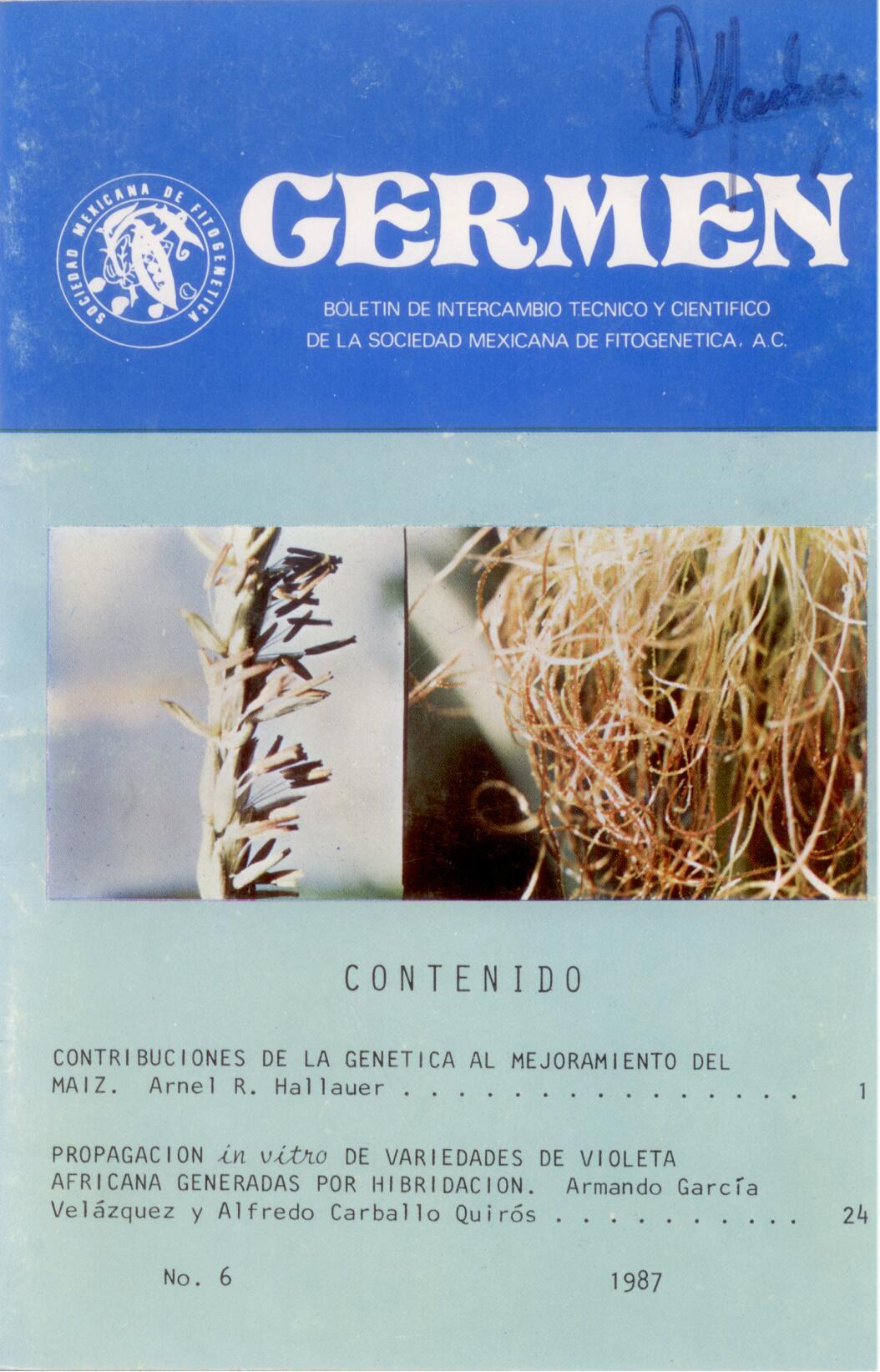CONTRIBUTIONS OF GENETICS TO THE IMPROVEMENT OF CORN
Main Article Content
Abstract
Genetics has provided the basic information necessary for the improvement of corn (Zea mays L.). Since the rediscovery of Mendel's research with pea (Pisum sativum), corn has been an important test organism in plant genetics research. The importance of genetic studies cannot be overemphasized, since they have provided the foundation for the development of concepts such as hybridization and for the genetic improvement of germplasm. Basic genetic studies to determine genome organization, gene location, modes of inheritance, linkage relationships, interactions within loci (dominance) and between loci (epistasis), and various types of chromosomal aberrations (translocations, inversions and deletions) They provided the structure for the understanding and manipulation of genetic materials. The information obtained from genetic studies in corn has been continuous and the techniques have become very refined. Molecular geneticists are providing more insight into genome organization, gene structure, and gene action. Transposing elements, for example, were first detected and described in maize (McClintock, 1950). Rapid advances are being made in the knowledge of transduction, transposition, DNA sequencing, tissue culture, gene structure, mitochondrial DNA, protoplast fusion, and gene functions. Although corn has not been amenable to aspects of molecular genetics, it is one of the cultivated species considered most important for the application of different molecular genetic techniques.

